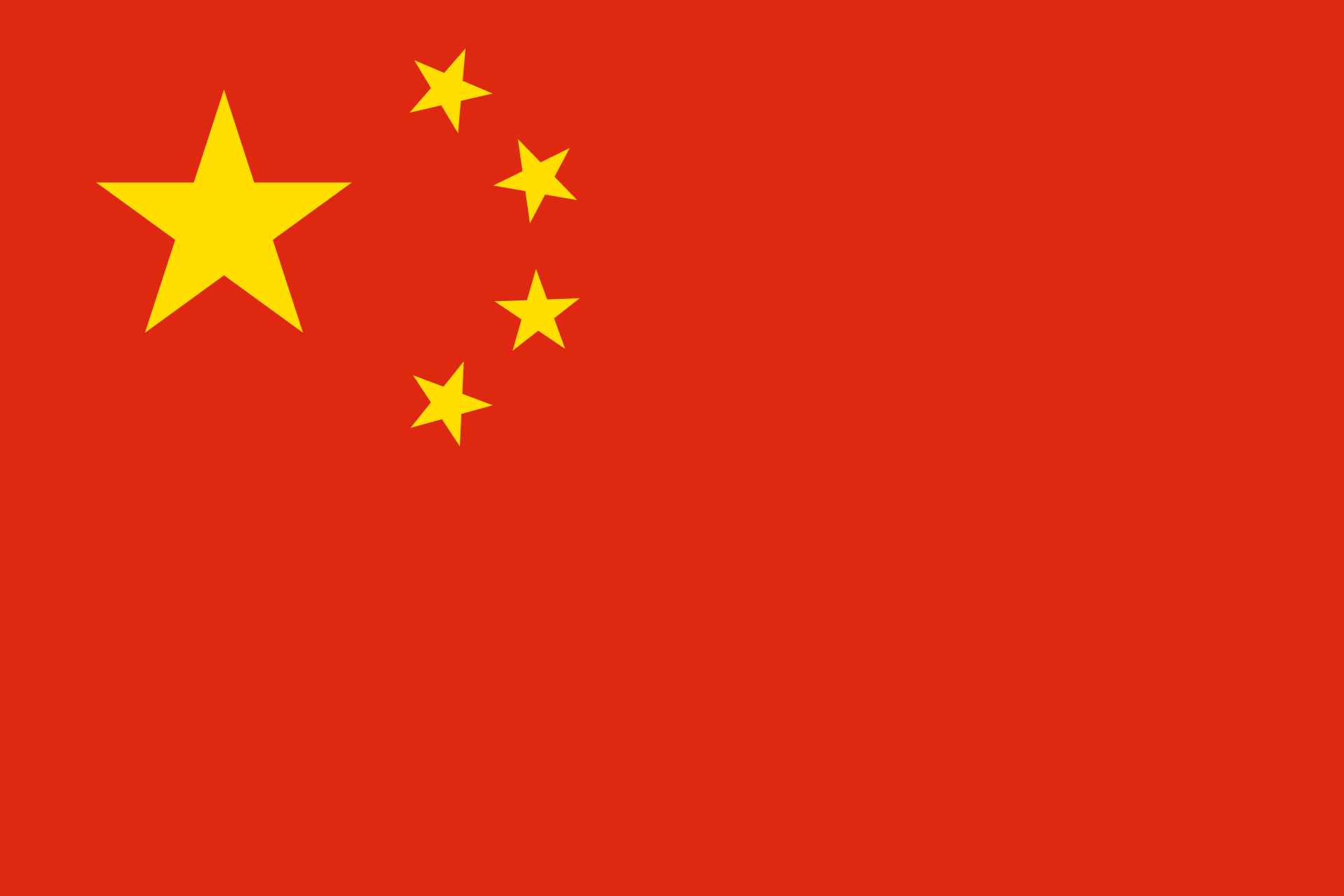Tuscan Islands
The Tuscan Islands Biosphere Reserve consists of an archipelago in the Tyrrhenian Sea composed of seven main islands and a few isolated islets. It represents an interesting system in the Mediterranean Region encompassing a wide range of geological, geomorphological and biological diversity. Islands are covered by sclerophyllous evergreen forest, Mediterranean pine woods, maquis, scrub and hardwood forest with deciduous oaks and chestnuts. The recent development of tourism has created an enormous pressure on the natural environment: consequently certain terrestrial and marine areas and some islands are protected within a National Park, particularly with a view to conserving rare and endemic species.
Today (2004) more than 30,000 people live permanently in the archipelago and depend mostly on services related to tourism, with relatively little employment in agriculture and fisheries. Projects are planned to introduce renewable energy resources, to bring innovations to the agricultural sector and to enhance the availability of water by means of alternative technologies. Current research focuses on geology and geomorphology, corals and fish distribution, monitoring of sea water quality, restoration of populations of rare species, such as the Peregrine falcon (Falco peregrinus) and bats (Rhinolophus euryale). The Biosphere Reserve will enable to coordinate the work of the National Park with action to promote sustainable development and environmental protection in the entire archipelago. Read more about this reserve on the UNESCO Biosphere Reserves website.
© Profile picture: Michela Simoncini





